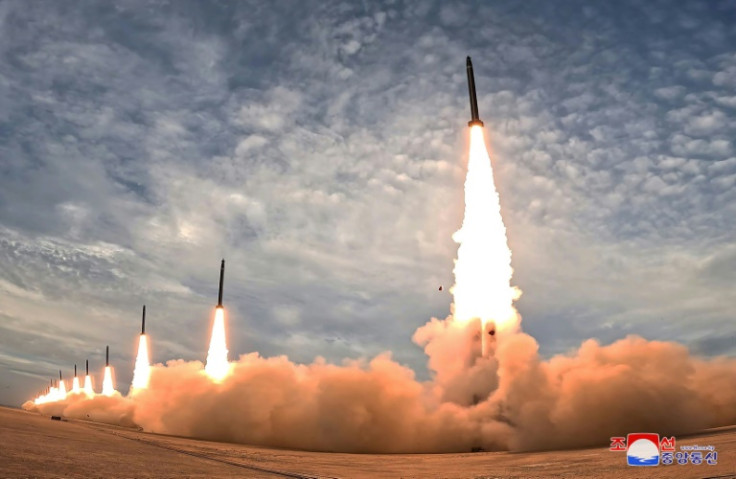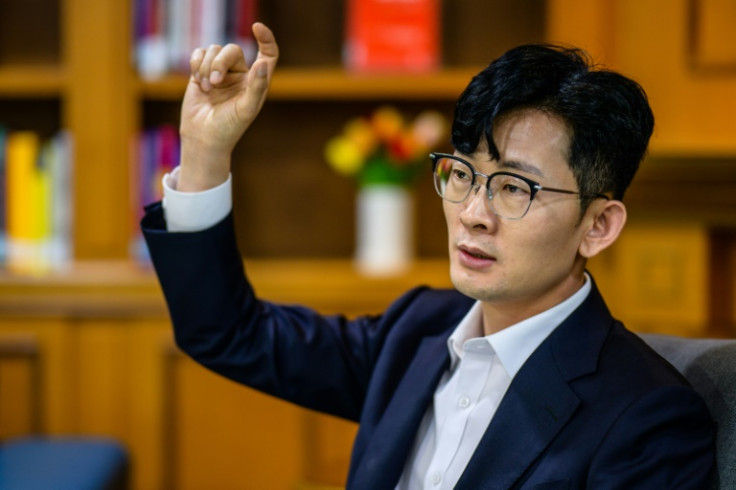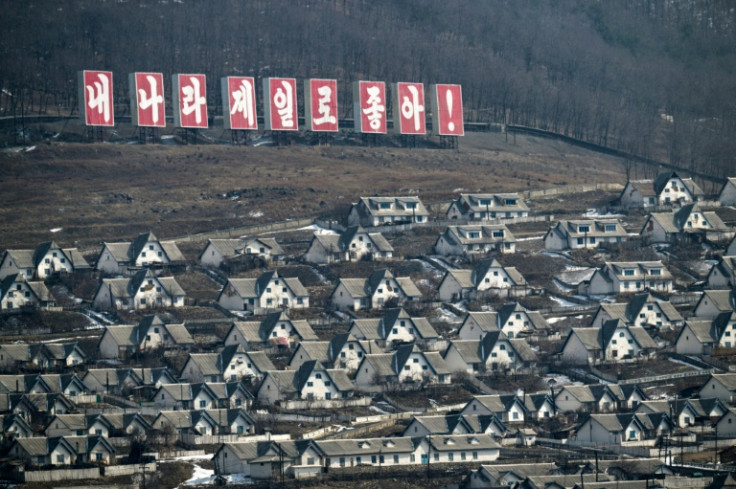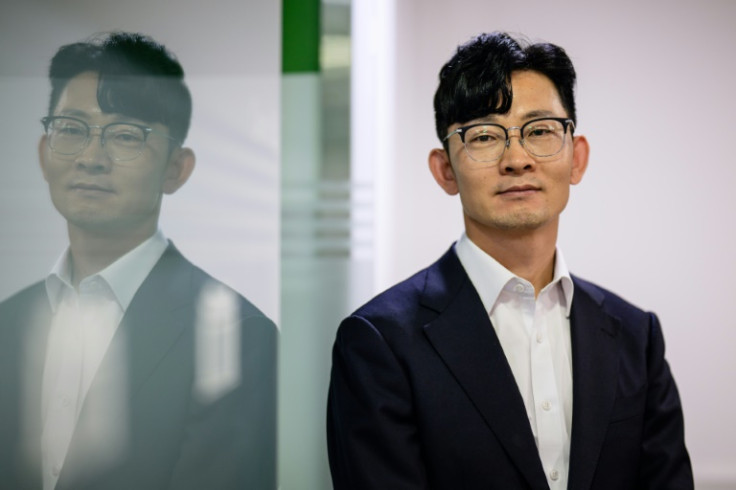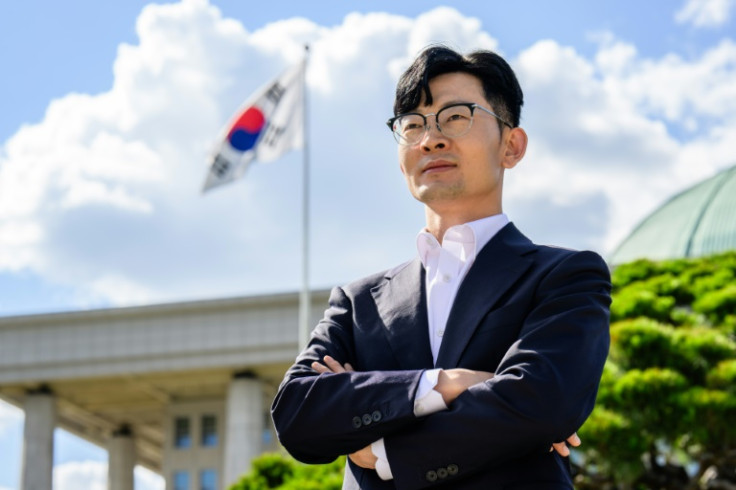
Park Choong-kwon was once a member of an elite North Korean unit that developed long-range missiles. Now, as a lawmaker in the South, he is sounding the alarm over Kim Jong Un's weapons.
As a teenager in the North, Park was plucked from his regular classroom and sent to a school for gifted kids, from where he quickly progressed to the country's National Defense University.
But he disliked the military discipline and was disillusioned by high-level corruption, eventually deciding to defect to the South, where the 38-year-old was sworn in as a lawmaker last month.
Set up in the 1960s, Park's alma mater is a key part of the nuclear-armed North's banned weapons programmes -- it takes the country's top brains and uses them to further Kim's quest for bigger and better missiles, satellites and nuclear warheads.
The university "was created with the main goal of making intercontinental ballistic missiles", said Park, who studied there from 2003 to 2007.
Under Kim Jong Un -- who took over from his late father in 2011 -- the university has been expanded, with new departments for hypersonics, satellites and nuclear, and the pace of weapons development is more advanced than many outsiders understand, he said.
"The North started publicly rolling out its new weapons lineups in 2017, including hypersonic missiles, strategic surface to surface missiles... and hydrogen bombs," he said.
"But the development of these weapons was already 80 to 90 percent complete when I escaped in 2009."
North Korea's attempt to put a second spy satellite into orbit last week may have ended in a mid-air explosion, but Park says even failure shows how advanced the country's programmes really are.
"They are trying a new engine test even when they are capable of putting one satellite into orbit with an existing engine," said Park, who was born and raised in the eastern coastal city of Hamhung, and is the fourth defector to become an MP in the South.
The only institution in North Korea that got to choose its students ahead of the National Defense University was the hacking unit, Park told AFP.
"The top two students in my class were recruited to the hacking unit," he said.
North Korea's cyber-programme dates back to at least the mid-1990s, but has grown to a 6,000-strong cyberwarfare unit, known as Bureau 121, that operates from several countries including Belarus, China, India, Malaysia and Russia, according to a 2020 US military report.
Park told AFP the North puts meticulous care into nurturing hackers, who have stolen hundreds of millions of dollars of cryptocurrencies and other digital assets in recent years, industry data shows. They are a key source of revenue for Kim's government as sanctions continue to bite.
Park himself majored in chemical engineering, and quickly became involved in making long-range missiles designed to hit targets on the US mainland.
But despite his elite status within North Korean society, he became disillusioned with the system.
Forced to study key texts in which former leader Kim Jong Il refuted attacks on Korean-style socialism, Park found "the criticisms made more sense to me".
Then, in his final year at the university, he discovered that to get a good work placement after graduation, he would need to pay.
"Bribing officials $3,000 would land you a job in Pyongyang," he said, adding that the country's ruling Rodong party was "corrupt to its core".
"After that I began to see the suffering of the people. The last hopes and dreams I had for the system all faded away. There was nothing I could do to change from within," he said.
"So I decided to defect."
In 2009, after meticulously planning his escape so as not to put his remaining family at risk, he crossed the Tumen river to China, and then made his way to the South.
Once safely in Seoul, Park decided to study for his doctorate at the top Seoul National University, before going to work at Hyundai Steel.
Last year, the ruling People Power Party, which advocates a tough line on North Korea, recruited him to run for parliament -- and he won office in April legislative elections.
Park says he plans to work on North Korea issues during his term, but not exclusively, as he has other interests and areas of expertise, as an engineer for example.
Getting information from the outside world to people in tightly controlled North Korea is key to changing the situation, he said.
"North Korea employs a two-track strategy of maintaining the regime's power: designating an outside enemy to stir a sense of crisis among its people and showcasing new weapons to give a sense of pride," Park told AFP.
But if the North Korean public "awaken", this strategy will stop working, he said, meaning that the endless cycle of "provocation" can end.
